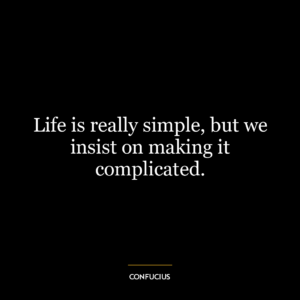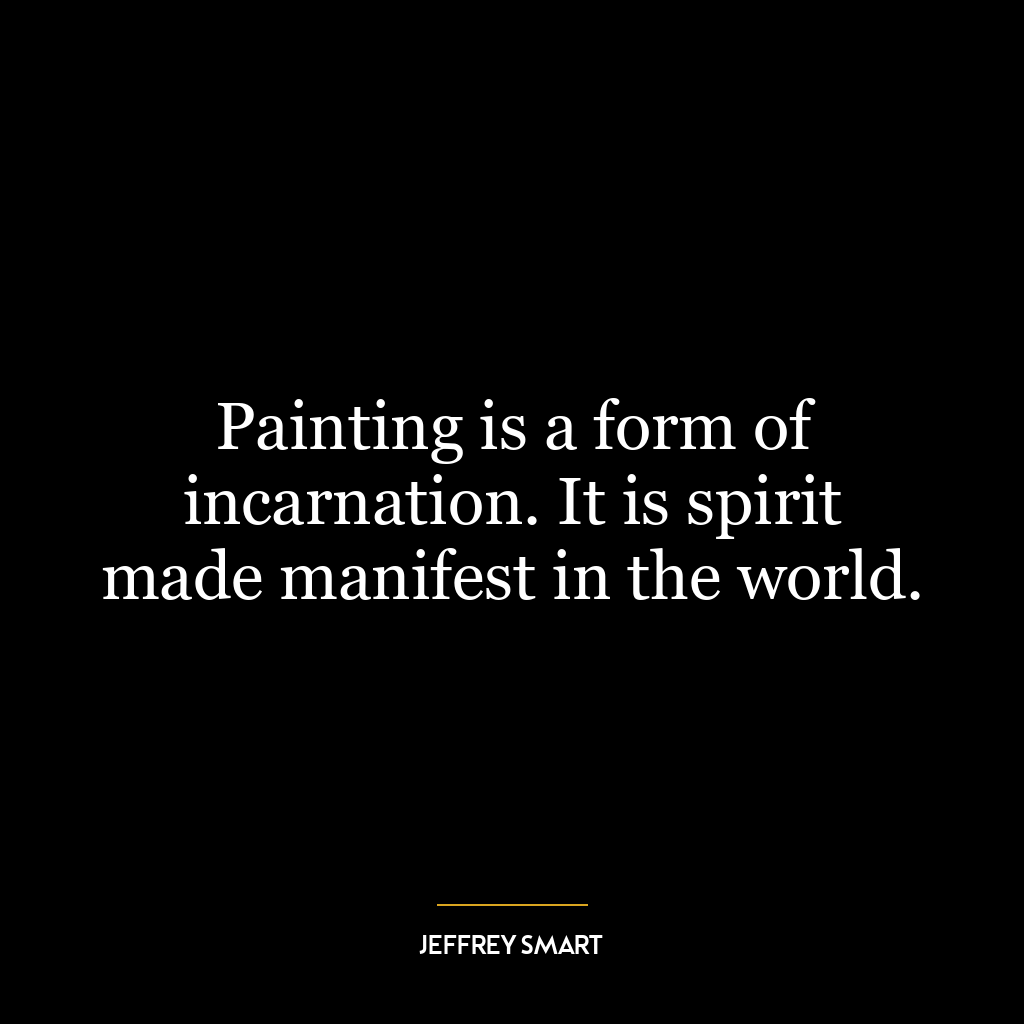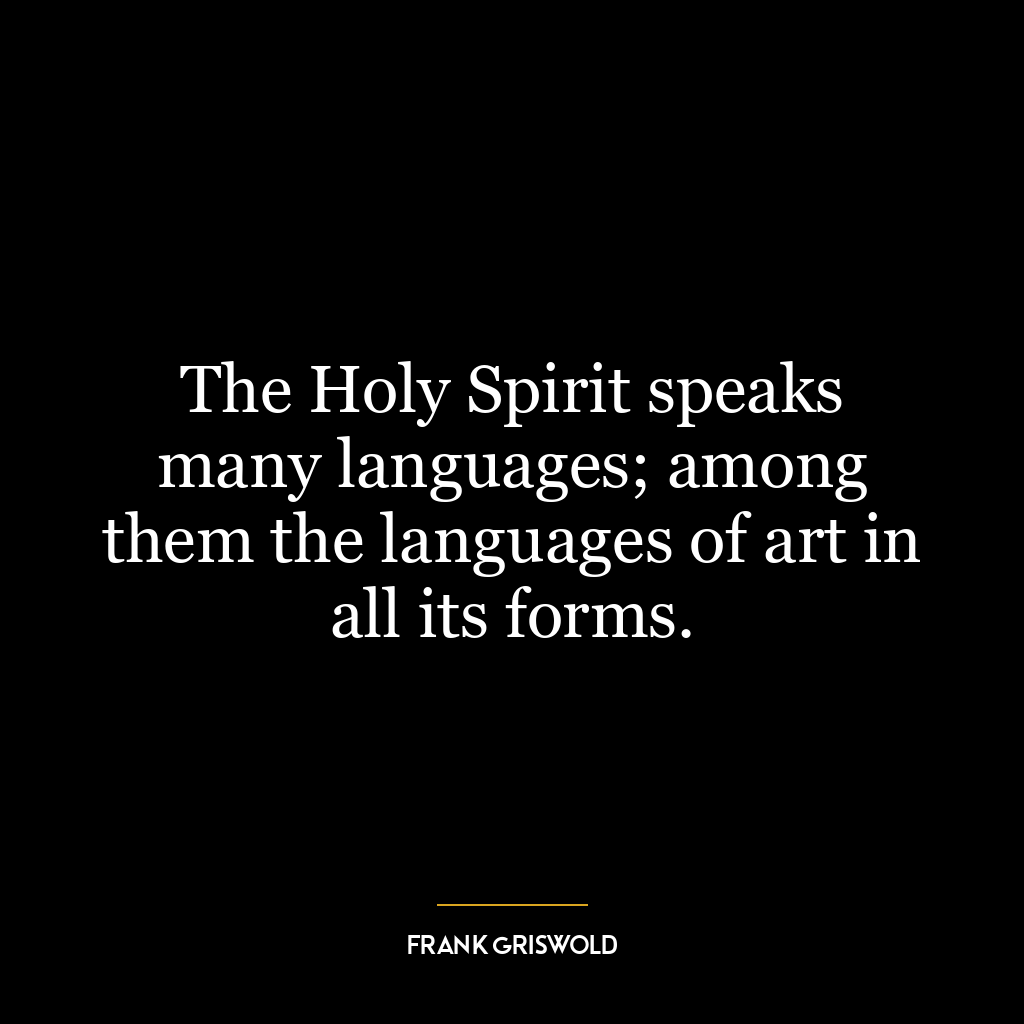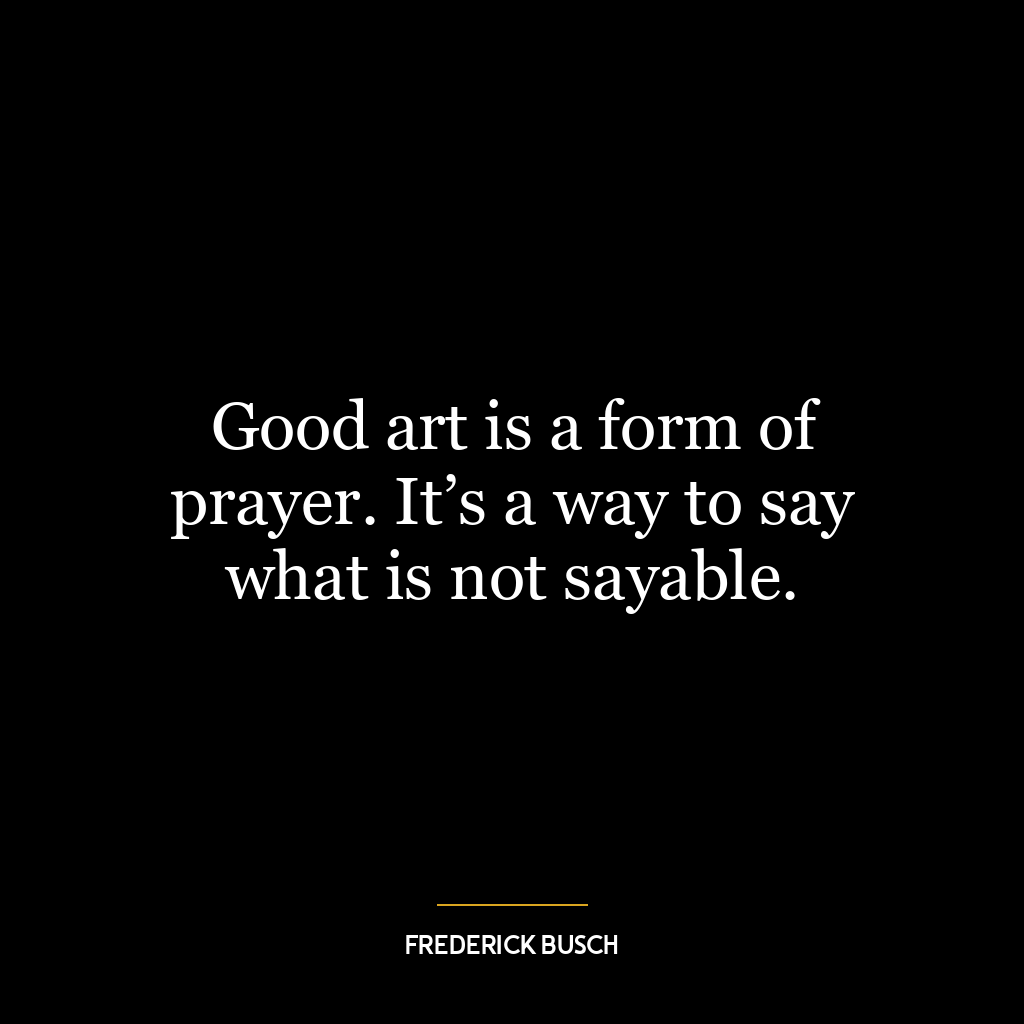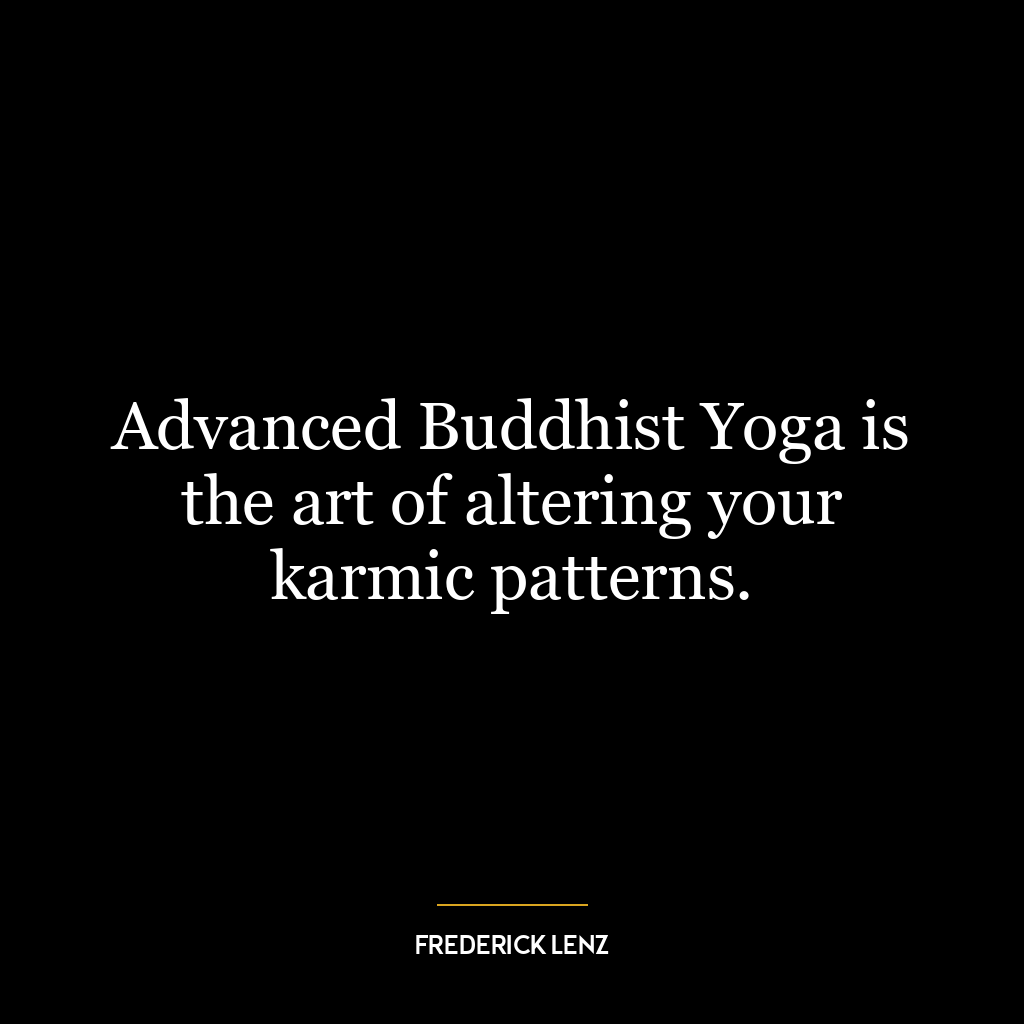Our headstrong passions shut the door of our souls against God.
This quote is a profound reflection on the power and influence of our passions, desires, or emotions. It suggests that when we are excessively consumed or driven by our passions, we may unintentionally close ourselves off from the divine, the spiritual, or the sacred. In other words, being overly obsessed or infatuated with our desires can create a barrier between us and God, or between us and a higher consciousness or moral compass.
The ‘headstrong passions’ can be interpreted as any strong desires or emotions that dominate our thoughts and actions, such as lust, greed, anger, pride, or even an excessive desire for power, fame, or wealth. When these passions become uncontrolled or unbalanced, they can lead us to act impulsively or irrationally, and may even cause harm to ourselves or others.
The ‘door of our souls’ can be seen as the gateway to our inner selves, our conscience, or our spiritual or moral core. By ’shutting the door’, we may lose touch with these deeper aspects of our being, and become more self-centered, materialistic, or superficial.
In today’s world, this quote could be seen as a warning against the dangers of unchecked consumerism, materialism, or individualism. It reminds us to maintain a balance between our worldly desires and our spiritual or moral values. It suggests that true happiness or fulfillment cannot be achieved through material possessions or worldly achievements alone, but also requires a sense of spiritual or moral well-being.
In terms of personal development, this quote encourages us to cultivate self-control, self-awareness, and mindfulness. It urges us to reflect on our desires and emotions, and to consider their potential impact on our spiritual or moral well-being. It also encourages us to strive for a balance between our physical, mental, emotional, and spiritual needs. By doing so, we can open the ‘door of our souls’ to a higher consciousness or moral compass, and lead a more fulfilling and meaningful life.




